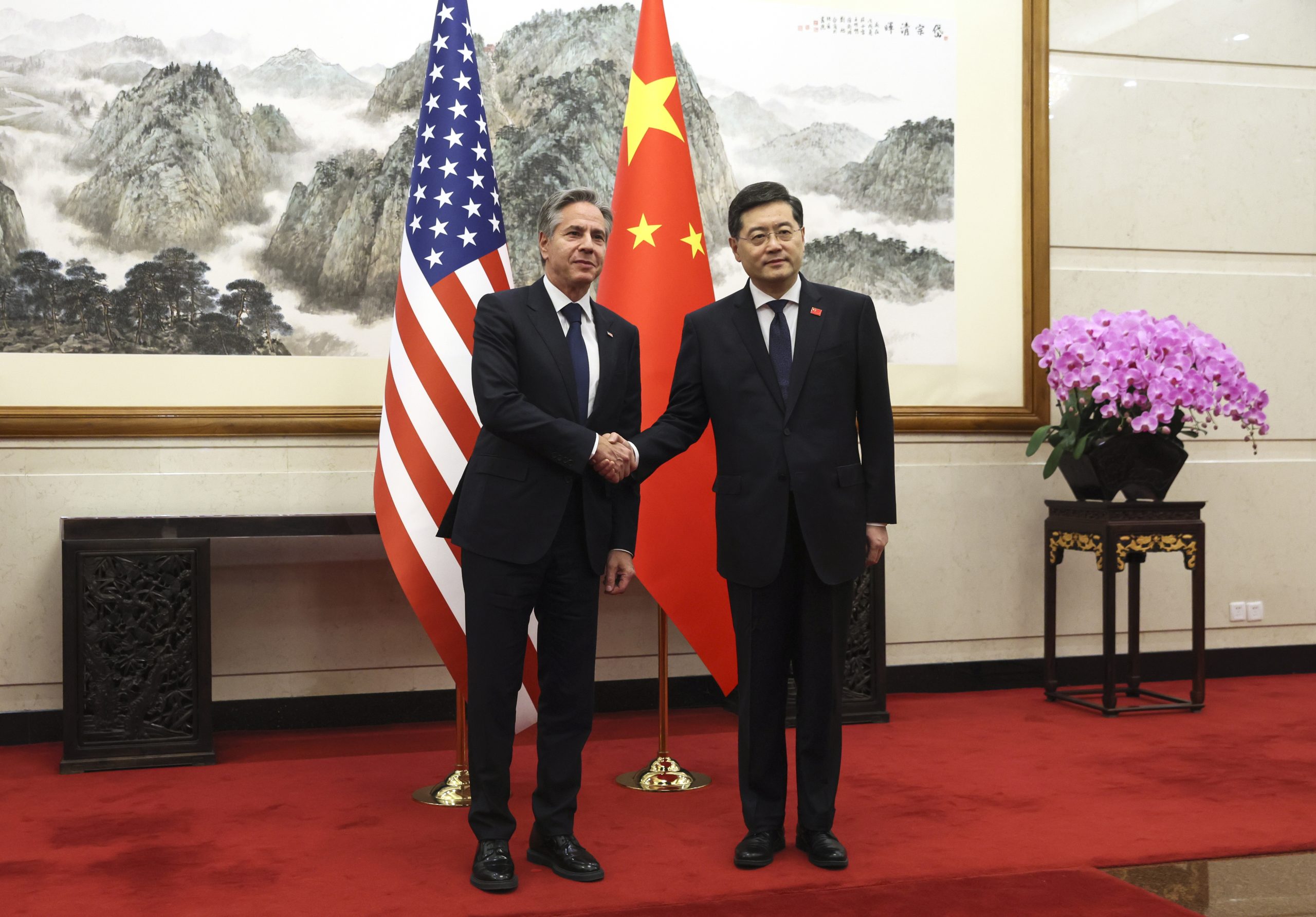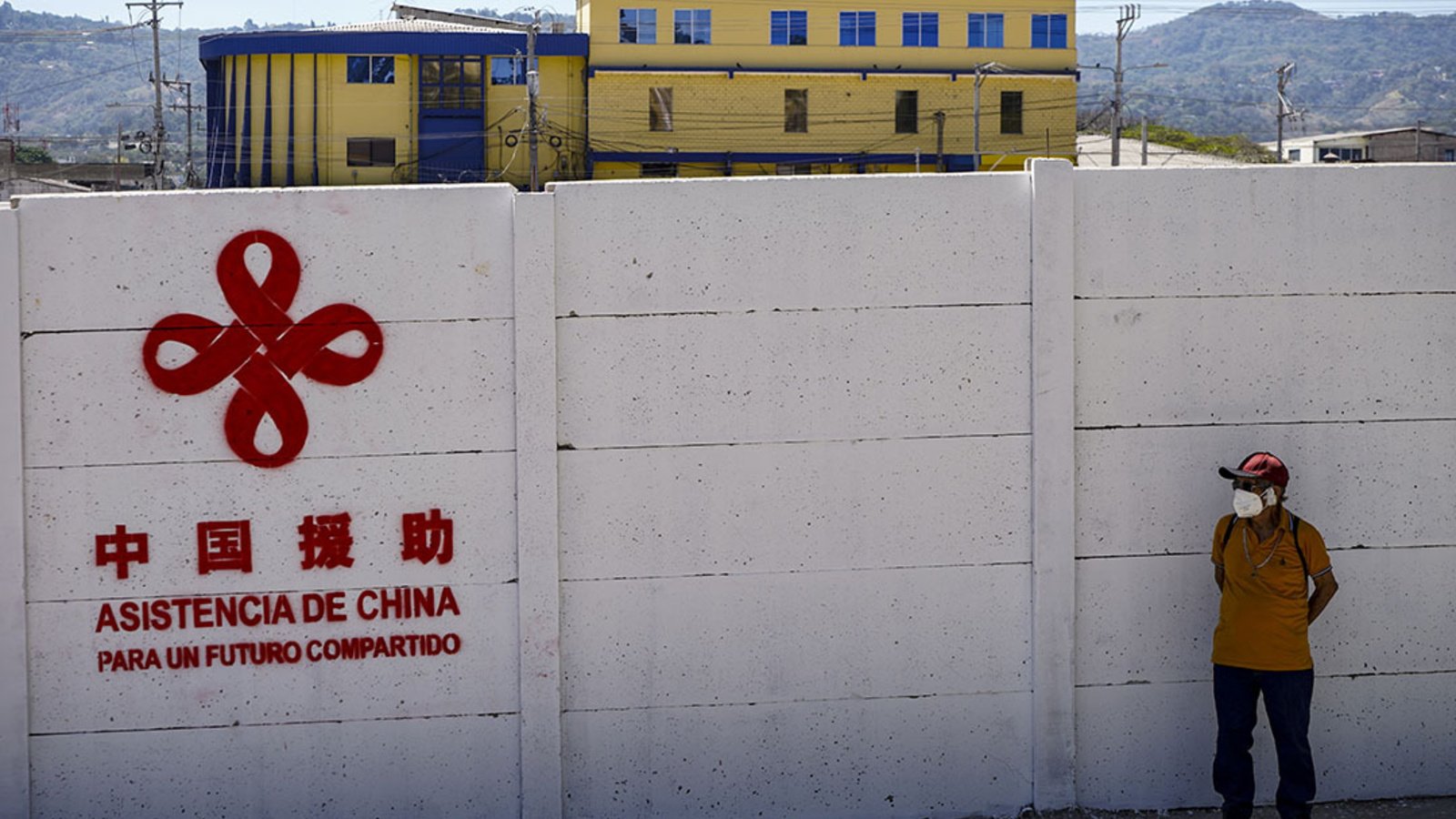Biden’s Cuba policy complicates US-China ties
The Biden administration’s recent Cuba policy change has put a strain on relations with China, complicating already tense ties between the two nations. The US had announced that it would increase sanctions against Cuba, citing human rights violations and repression of peaceful protests. China, a long-time ally of Cuba, has condemned the move and accused the US of interfering in the affairs of other countries. But the root of the tension may be more about the broader competition for influence in Latin America and the Caribbean than any specific policy towards Cuba.
The impact of Biden’s Cuba policy on US-China ties

Increased sanctions against Cuba
On July 22, 2021, the US announced that it would impose new sanctions on Cuba following a crackdown on anti-government protests earlier in the month. The US Treasury Department also added Cuba’s national revolutionary police to its sanctions list, accusing them of being responsible for “serious human rights abuses.” China criticized the move, accusing the US of imposing “unilateral sanctions” that violate international law.
China’s longstanding relationship with Cuba
China has been a close ally of Cuba since the Cold War, providing aid, military support, and investment to the country. In recent years, China has become Cuba’s largest trading partner and one of its most important sources of foreign investment. The two countries have also collaborated on a number of infrastructure projects and other initiatives in Latin America and the Caribbean.
Competition for influence in Latin America and the Caribbean
The tension over Cuba may be more about the broader competition for influence in the region than any specific policy towards Cuba. China has been increasingly active in Latin America and the Caribbean in recent years, investing in infrastructure, financing projects, and building diplomatic ties. The US, meanwhile, has been focused on countering China’s influence and maintaining its traditional dominance in the region.
Broader implications for US-China relations
The tension over Cuba underscores the difficult relationship between the US and China, which has been characterized by competition, disagreement, and suspicion. While both sides have sought to maintain some level of cooperation on issues such as climate change and pandemic response, they have also clashed on issues such as trade, security, and human rights.
The future of US-China relations

Prospects for cooperation and competition
Despite the challenges, there are still opportunities for the US and China to find areas of common ground and work together on shared challenges. Both sides have indicated a willingness to cooperate on issues such as climate change, global health, and nuclear non-proliferation. At the same time, however, both sides are likely to continue to compete for influence in key regions, including Latin America and the Caribbean.
The role of diplomacy and dialogue
Diplomatic engagement and dialogue will be crucial to managing the complex relationship between the US and China. Both sides will need to find ways to communicate effectively and address their differences in a constructive manner. Initiatives such as the Biden administration’s review of US-China policy and the formation of a climate working group could help facilitate greater dialogue and cooperation.
The impact of domestic politics
The domestic political context in both the US and China will also be a key factor shaping the future of US-China relations. In the US, growing bipartisan consensus on the need for a tougher stance towards China could limit the Biden administration’s ability to pursue a more cooperative approach. In China, meanwhile, nationalist sentiment and concerns over sovereignty and territorial integrity will continue to shape the country’s foreign policy.
Conclusion

The recent tension over Cuba highlights the many complexities and challenges facing the US-China relationship. Despite their differences, however, the US and China will need to find ways to work together on key global issues and manage their competition in a responsible and constructive manner. Diplomatic engagement, dialogue, and a commitment to finding common ground will be crucial to shaping a more stable and productive relationship in the years ahead.
FAQs

1. Why did the Biden administration increase sanctions against Cuba?
The Biden administration cited human rights violations and repression of peaceful protests as the reason for the increased sanctions against Cuba.
2. Why did China criticize the US policy towards Cuba?
China condemned the US policy towards Cuba, accusing the US of interfering in the affairs of other countries and violating international law.
3. What is the root of the tension between the US and China over Cuba?
The tension over Cuba is more about the broader competition for influence in Latin America and the Caribbean than any specific policy towards Cuba.
4. Is there any hope for cooperation between the US and China?
Despite the challenges, there are still opportunities for the US and China to find areas of common ground and work together on shared challenges.
5. How can the US and China manage their competition in a constructive manner?
The US and China will need to find ways to communicate effectively and address their differences in a constructive manner. Diplomatic engagement, dialogue, and a commitment to finding common ground will be crucial to shaping a more stable and productive relationship in the years ahead.

